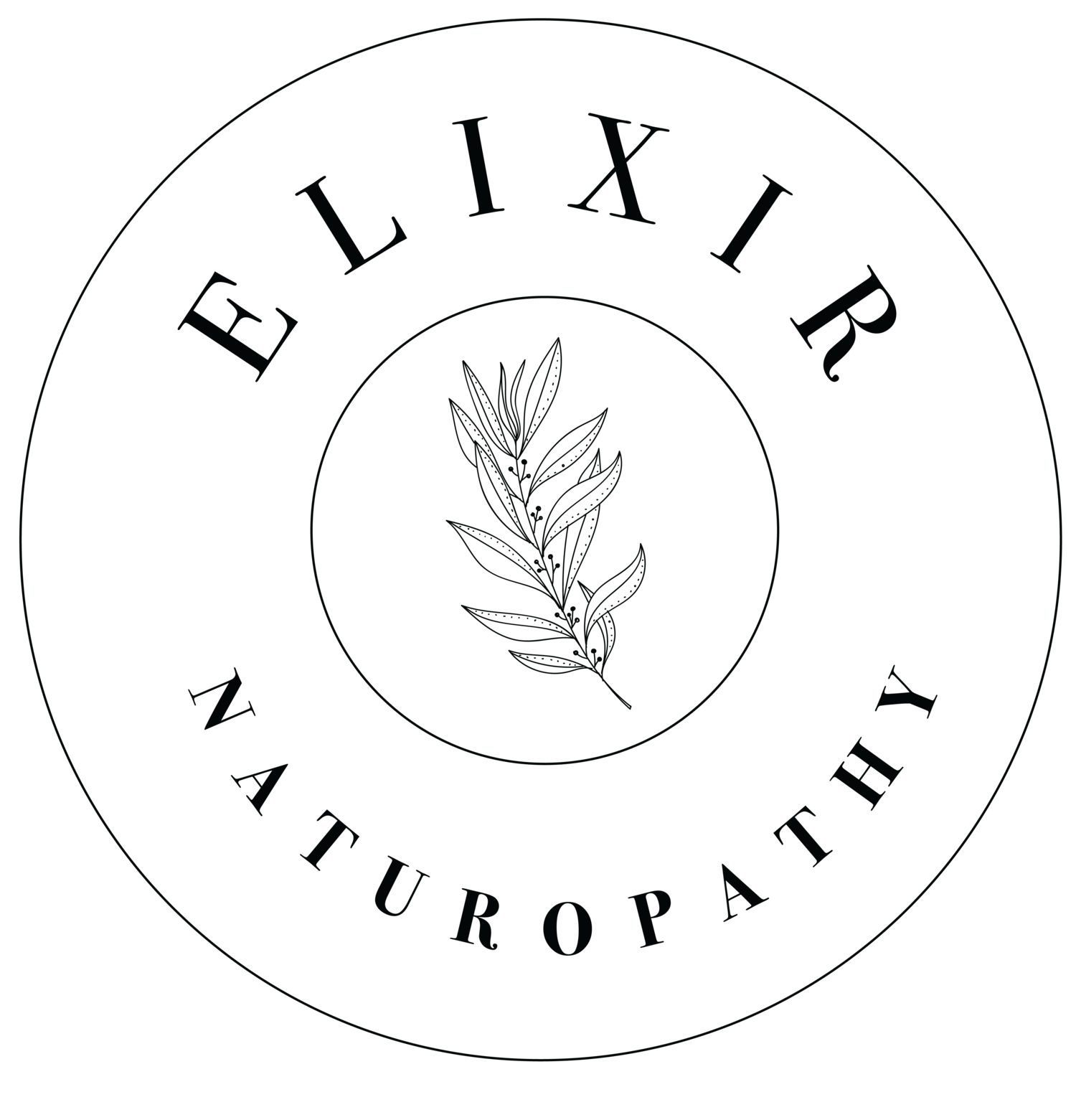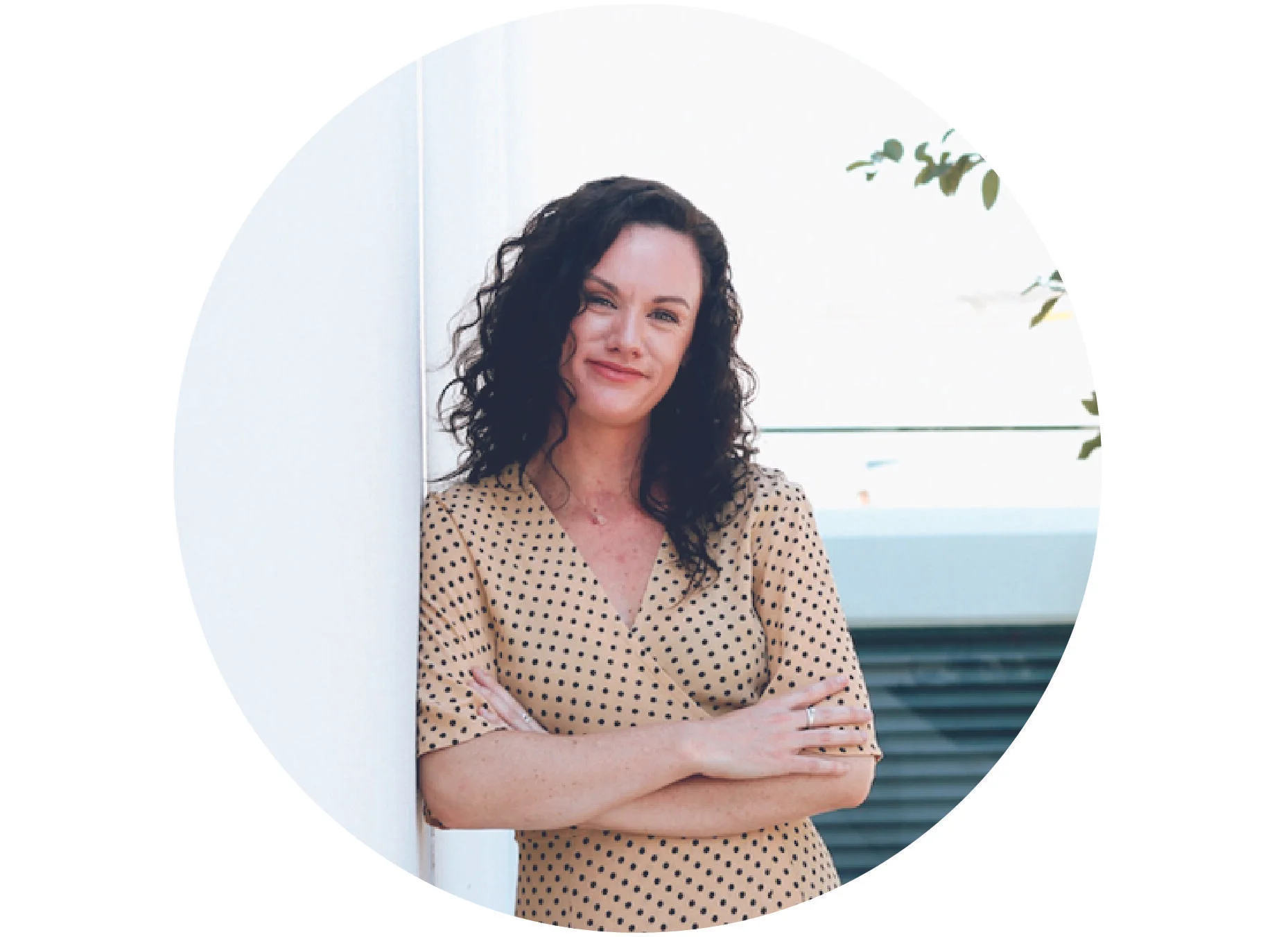5 Myths About Naturopathy
There has been a large shift in the move towards natural medicine in recent times, with 70% of the Australian population having tried some form of complimentary medicine. But while we are seeing this shift, there seems to still be a stigma surrounding naturopathic medicine.
Often when I am asked what I do for a profession, I get a vast array of responses such as "What's that?", "Is that similar to Homeopathy?" and sometimes just an "Oh interesting."
So I thought I would debunk a few of the myths that are often associated with naturopathic medicine.
Myth #1 Naturopaths are not qualified
I have completed a four year bachelor of health science degree majoring in herbal and nutritional medicine. In conjunction with this I stay up to date with the latest evidence through seminars, medical journals and continual research. This ensures I can offer my patients the best possible care.
Unfortunately in Australia at present, there is no regulation of the naturopathic industry. This means anyone, regardless of their education can call themselves a naturopath and start treating people, which is a scary thought.
There is a push for regulation by naturopaths but this has been going on for decades now, so when this will actually happen is anyone's guess.
In the mean time if you do wish to seek naturopathic advice, ensure the naturopath you are choosing is degree qualified and is also a current member of one or more associations and that they have their documentation clearly visible for you to see in their practice.
Myth #2 Naturopathy is not backed by scientific evidence
Qualified naturopaths rely on laboratory testing, physical examination, clinical observation and questioning. Any treatment decision is backed by both traditional and scientific evidence to support its use and I often send this evidence on to patients who wish to have a look.
There is a growing body of scientific evidence to support both herbal and nutritional medicine, some of which is currently being undertaken at the University of Queensland.
With the increase in popularity of naturopathy as a profession many qualified practitioners are now going on to study their masters and PhD which is resulting in more evidence to support what we do.
Myth #3 Naturopaths are against conventional medicine
Well I can't speak for all naturopaths but I can certainly speak for myself and those I do know. I am of the belief that both conventional and naturopathic medicine can compliment each other to enhance the patient experience and treatment outcomes.
As naturopaths we are more than happy to work with your GP's pharmaceutical prescription regime, particularly in acute health conditions. And while we would ultimately like to get your health to a point at which you can come off all pharmaceutical medication, that's not necessarily a viable option.
It is also important to note that not all herbal and nutritional medicines are safe for all individuals and its best to seek the advice of a naturopathic practitioner before commencing any form of treatment.
Myth #4 Its more expensive to see a naturopath
This may be the case with some specialist naturopaths and integrative practitioners, however for the most part this is actually untrue.
The average visit to the GP in Australia will cost you $70 for a 15 minute consultation. On the other hand an average naturopathic consult will set you back $75 or half an hour of their time. And while your GP is covered by medicare, you can claim the services of a qualified naturopath with most private health insurance companies.
Myth #5 All naturopaths are hippies
Often people associate naturopaths with with purple loving, crystal waving, spell casting hippies. This makes me laugh! I guess if you call having a love for nature and preventative health measures a hippie, then i guess you can go ahead and call me a hippie!
While we are educated in many different forms of healing, we are certainly not spell casting witches. The naturopathic process is a bit different to a GP. An initial consultation involves the gathering of an extensive health history which can typically range from an hour to two hours. This involves the use of modern diagnostic testing including pathology, checking vitals and physical examination as well as traditional naturopathic examinations such as tongue analysis and iridology.
Treatment includes the use of a combination of herbal medicine, nutritional supplementation and diet and lifestyle modifications to formulate a treatment protocol that will target the underlying cause of your particular health concerns.
Want to know how your health can benefit from naturopathic medicine? Get in touch, I'd love to hear from you.


